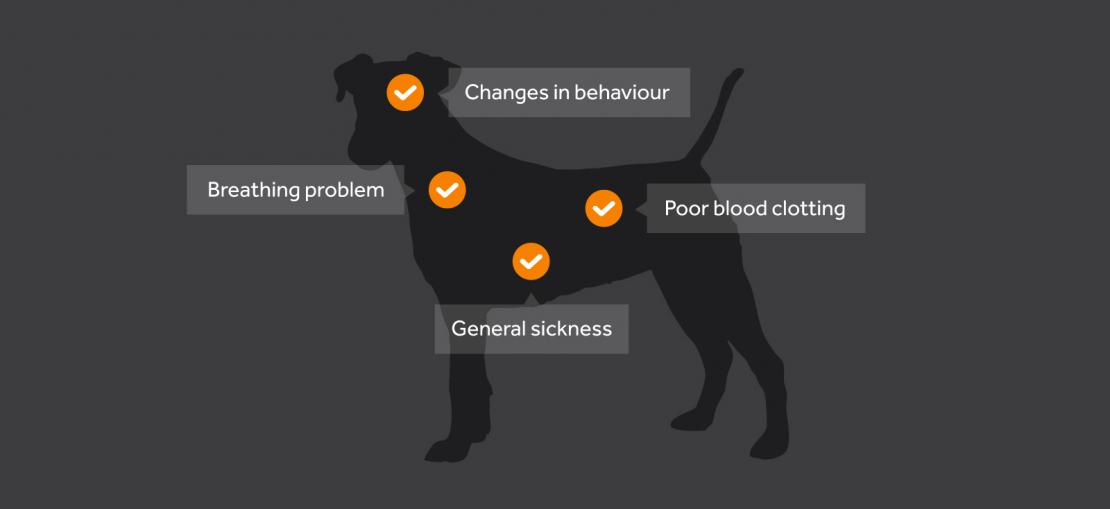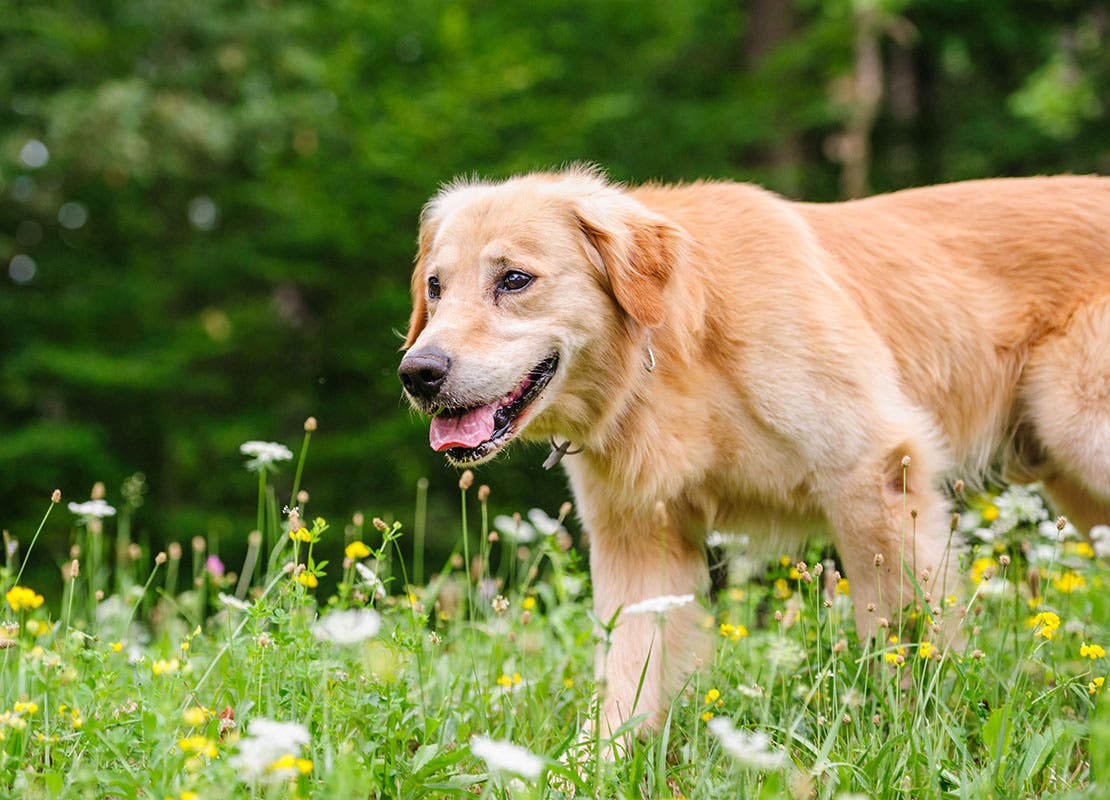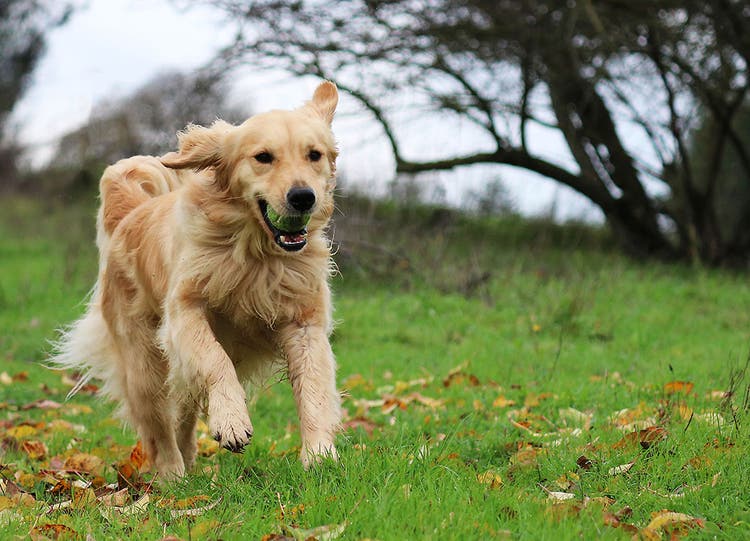Lungworm could be the threat to your dog’s health you never heard of.
Unlike intestinal worms such as tapeworm and roundworm, adult lungworms live in the blood vessels of the lungs of dogs. If left untreated, it can cause difficulty breathing and other respiratory ailments.
Currently the most prevalent form of the parasite in Canada is the lungworm common to the fox (Crenosoma vulpis). There is concern, however, that a more virulent species of lungworm more common in Europe, the French heartworm (Angiostrongylus vasorum), has been found in the Atlantic provinces and is in danger of spreading across Canada.
Discover the symptoms of lungworm so you can recognize it in your dog and talk to your veterinarian about appropriate treatment.
How do dogs get lungworm?
Known as Crenosoma vulpis, the lungworm parasite infects dogs (or foxes) when they eat infected slugs and snails – accidentally or deliberately – and ingest lungworm larvae. This can happen while dogs are rummaging through gardens, eating grass, drinking from puddles or outdoor water bowls, and playing with toys left outdoors.
How do I know if my dog has lungworm?
Lungworm can cause breathing difficulties and a host of other medical issues in your dog if the condition is not diagnosed and treated promptly. Lungworm may affect dogs differently. Sometimes dogs will display mild symptoms or no symptoms at all in the early stages of the disease. Other dogs may exhibit more severe symptoms. The earlier you spot a lungworm infection, the faster you can treat your pet for dog lungworm so it’s essential to know what to look out for.
Breathing difficulties
A persistent cough is one of the more common lungworm symptoms, triggered by the presence of worms in the dog’s lungs. They may even lead pets to cough up blood. An ongoing cough should never be ignored or dismissed as a more common respiratory infection, like kennel cough.
Low energy levels
A dog with lungworm is likely to tire easily, even after gentle exercise. Fatigue could be one of the first physical changes you notice – especially in young, usually lively dogs.

Behavioural changes
Changes in behaviour can be hard to pin down, but if your dog is noticeably lethargic or depressed you should always contact your veterinarian.
General sickness
Lungworm can be associated exercise intolerance, but this is not always the case. This can also be symptoms of many other common or temporary health problems.
If your dog has contracted lungworm, they may also have other non-specific signs such as weight loss or poor appetite. Lungworm can be present in your dog’s body for months without any obvious symptoms, and the signs are easily confused with other illnesses, which makes diagnosing dog lungworm tricky.

Diagnosing lungworm
If you spot any of the signs of lungworm, it’s vital that you take your dog to a veterinarian as soon as possible.
Your veterinarian can test for the dog lungworm disease by examining your dog’s feces under a microscope for signs of eggs and larvae. They may also take blood tests, chest X-rays and conduct a bronchoscopy (a procedure which involves using a camera to look down your dog’s windpipe) in case the parasitic worms aren’t present in your dog’s stool.
Once diagnosed, your veterinarian can administer a lungworm treatment for dogs which, in many cases, will result in a full recovery.

How can I prevent my dog from getting lungworm?
Check if you live in a high-risk area:
Lungworm cases have been reported in the Atlantic provinces, Ontario, and Quebec, but it is expected to spread to other regions. You should take action to protect your dog against lungworm if you live in an area where foxes are present and where lungworm has been reported, or if your dog has a taste for slugs and snails.
Use a monthly lungworm preventative treatment: Speak to your veterinarian about a preventative treatment. Not all dewormers are effective against lungworm, as some are not administered with enough frequency. For full protection, lungworm treatment needs to be monthly, unlike other worming treatments, which are usually given every three months.
Dogs are naturally curious, so you might not know what they’re sniffing when they venture off into the garden. Using a lungworm prevention product will give you peace of mind that your dog is protected from any hidden nasties.
Get in the habit to pick up your dog’s poop: Always pick up and dispose of your dog’s poop safely. Lungworm can spread to other dogs through their feces. Getting rid of dog feces will help break the lungworm life cycle and reduce the spread of the parasite.











